Based on your self-review, Gyre has created this head summarising how your strengths map into the 9 Leader types.
The head is unique to you.
The circles represent each of the 9 Leader types and the numbers shown as you move or tap over each circle give you your ‘fit-to-profile’ – meaning how closely your pattern of strengths fit with each particular Leader type.
Your strengths map you as Servant-Executional
This page presents the results from your personal Leader types head in graphical format. Use it to explore in more detail what each of the Leader types can contribute to a team. Click on the bar for Leader type to see a fuller description.
They are willing to think the unthinkable, make connections others miss, good at anticipating how the world may change and are willing to make bold, game-changing decisions, even at the risk of failure or seeming foolish.
Fit-to-profile:
52%
They are great at spotting the potential in situations and have the network of contacts, personal resourcefulness and determination to follow through and turn possibilities into reality.
Fit-to-profile:
45%
The Executional leader is focused and driven to achieve great results. They will work tirelessly on a challenging task until it is completed, galvanising and driving the efforts of others, often with little or no regard for relationships or workplace politics.
Fit-to-profile:
67%
They are great at translating strategy into practical results, with a strong feel for what will work in the real world. They balance the short-term with the long-term, bringing a sustained focus on improving the quality, reliability and effectiveness of whatever they are leading.
Fit-to-profile:
63%
They provide strategic clarity to people and organisations. They are valued for their judgement, their wisdom about what is going on and their insight about what needs to happen to move a difficult task forward, unstick a relationship, or handle a tricky people situation.
Fit-to-profile:
53%
The Servant leader gets their own ego out of the way and focuses on the team and organisation around them. They pull people together around shared goals, recognise and play to people’s strengths and inspire teams to perform strongly. Many come to personify the team, to embody its core values and identity.
Fit-to-profile:
98%
They are great at leading people and organisations through change. Some deliver change in processes, products and structures, but the best are just as good at changing beliefs, mind-sets and culture.
Fit-to-profile:
6%
They seem to pull people towards them – who are drawn by their inner convictions and vision. The best create inspiration, energy and change for people, generating a sense of possibilities and potential.
Fit-to-profile:
8%
Professionals are known for their commitment to mastery of their chosen subjects and their determination to deliver on whatever personal commitments they make. They work with great energy, drive and focus in the service of others.
Fit-to-profile:
48%

"The brave man is not he who does not feel afraid, but he who conquers that fear"
Nelson Mandela - Statesman, South Africa
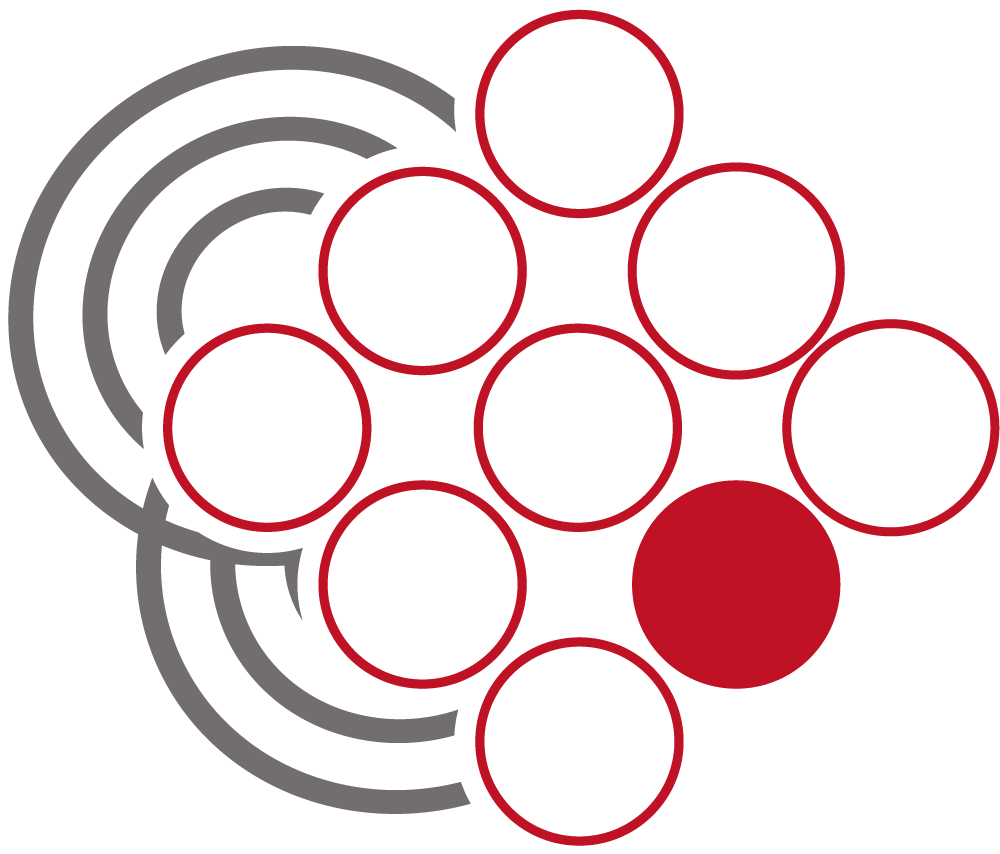
The Servant leader gets their own ego out of the way and focuses on the team and organisation around them. They pull people together around shared goals, recognise and play to people’s strengths and inspire teams to perform strongly. Many come to personify the team, to embody its core values and identity.

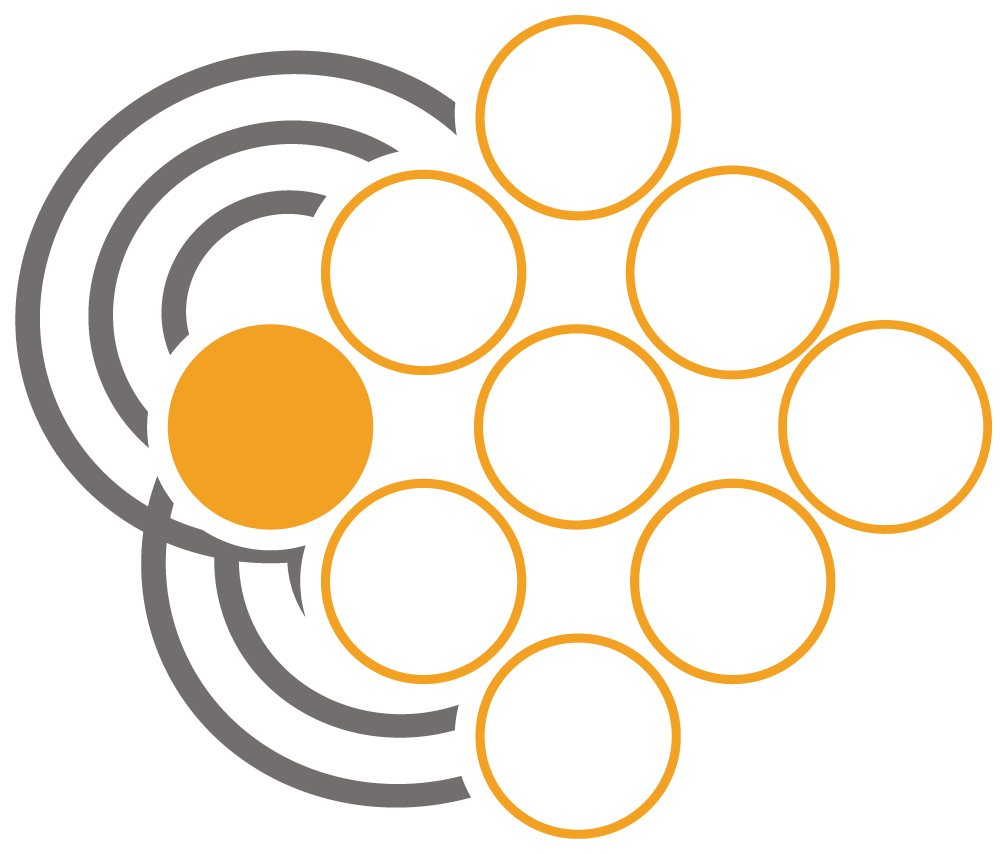
The Executional leader is focused and driven to achieve great results. They will work tirelessly on a challenging task until it is completed, galvanising and driving the efforts of others, often with little or no regard for relationships or workplace politics.
Based on your strength-mapping, Gyre picks out these as your top 5 Strengths
Based on your strength-mapping, Gyre picks out these as your 5 potential Gaps
The list below shows Clare's strengths as rated by Clare:
Here’s what your colleagues are likely to notice and value in your key strengths:
You’ll be seen as someone who treats everyone with equivalent respect, who acts in an even-handed way. You’ll be concerned to ensure that everyone has opportunities, and that rewards and acknowledgement are based on the value of people’s contributions rather than personal favouritism. Fairness is also about having a conscience for the group - a concern to do what is right for people individually, and to balance your own needs with the needs of others. Colleagues will feel safe with respect to your intentions towards them, that you will not use power or influence to your advantage or their detriment.
You’ll be seen as someone who treats everyone with equivalent respect, who acts in an even-handed way. You’ll be concerned to ensure that everyone has opportunities, and that rewards and acknowledgement are based on the value of people’s contributions rather than personal favouritism. Fairness is also about having a conscience for the group - a concern to do what is right for people individually, and to balance your own needs with the needs of others. Colleagues will feel safe with respect to your intentions towards them, that you will not use power or influence to your advantage or their detriment.
Self-awareness is about understanding yourself and using this information to understand others better. You will often feel that you know what your inner drives and motivations are, and understand what triggers your feelings and thoughts. You’ll be comfortable using your emotions as part of your thinking, and will be curious about what your feelings might be telling you about a particular situation. Colleagues will feel that you are usually aware of your own part, whether in triggering somebody else into unhelpful behaviour, or in creating positive behaviour in others.
Self-awareness is about understanding yourself and using this information to understand others better. You will often feel that you know what your inner drives and motivations are, and understand what triggers your feelings and thoughts. You’ll be comfortable using your emotions as part of your thinking, and will be curious about what your feelings might be telling you about a particular situation. Colleagues will feel that you are usually aware of your own part, whether in triggering somebody else into unhelpful behaviour, or in creating positive behaviour in others.
You will be seen as someone open to ideas and experiences, someone who is prepared to thoroughly explore the opinions and experiences of others before you take a stance or reach a conclusion. More than this, you will be prepared to challenge and change your own beliefs and views in response to new evidence; in fact you may even actively seek out disconfirming evidence for your own existing beliefs. Colleagues are likely to value you as an even-handed person, someone prepared to weigh up both sides of an argument before taking a stance.
You will be seen as someone open to ideas and experiences, someone who is prepared to thoroughly explore the opinions and experiences of others before you take a stance or reach a conclusion. More than this, you will be prepared to challenge and change your own beliefs and views in response to new evidence; in fact you may even actively seek out disconfirming evidence for your own existing beliefs. Colleagues are likely to value you as an even-handed person, someone prepared to weigh up both sides of an argument before taking a stance.
You will be seen as someone who has a strong inner sense of purpose and that you bring this to whatever you are involved in. Appetite is about having an inner conviction of the value of a cause or goal, matched with a desire to play a key part in bringing it about. Colleagues will value your willingness to challenge the status quo in areas you feel strongly about, along with your openness to what you need to change personally in order to bring about the wider change.
You will be seen as someone who has a strong inner sense of purpose and that you bring this to whatever you are involved in. Appetite is about having an inner conviction of the value of a cause or goal, matched with a desire to play a key part in bringing it about. Colleagues will value your willingness to challenge the status quo in areas you feel strongly about, along with your openness to what you need to change personally in order to bring about the wider change.
Colleagues will feel that you are someone who has an entrepreneurial edge to your character, seeing opportunities in situations that others miss. You will be resourceful in your thinking about how to capture these opportunities, and want to move quickly from the idea to action. You may not think of what you do as ‘value-spotting’, but Sees opportunities can be as much about creating social value as financial. You are likely to be open to emerging trends, technologies and approaches, someone who brings new ideas from outside into the team.
Colleagues will feel that you are someone who has an entrepreneurial edge to your character, seeing opportunities in situations that others miss. You will be resourceful in your thinking about how to capture these opportunities, and want to move quickly from the idea to action. You may not think of what you do as ‘value-spotting’, but Sees opportunities can be as much about creating social value as financial. You are likely to be open to emerging trends, technologies and approaches, someone who brings new ideas from outside into the team.
Here’s what your colleagues might notice from your gaps
You may feel uncomfortable when faced with the need to persuade someone or change their opinions. Colleagues may feel that you use the same approach with everyone, perhaps focusing too much on your outcomes and failing to tune into their agendas. Or it may be that you are too vague and find it hard to be assertive about what outcome you are looking for. Some may also feel that you see differences or objections as hard to overcome and that you back off or give up too easily.
You may feel uncomfortable when faced with the need to persuade someone or change their opinions. Colleagues may feel that you use the same approach with everyone, perhaps focusing too much on your outcomes and failing to tune into their agendas. Or it may be that you are too vague and find it hard to be assertive about what outcome you are looking for. Some may also feel that you see differences or objections as hard to overcome and that you back off or give up too easily.
You are likely to find that connecting to others and growing your personal network of contacts requires particular effort, and that you tend to leave identifying and talking to your stakeholders as something of an afterthought. Colleagues may feel that you are often outside informal conversations and communication, relying too much on formal or set-piece communication. As a consequence they may see you as not connecting enough to their ideas and agenda, as too readily pushing your own ideas rather than tuning into theirs.
You are likely to find that connecting to others and growing your personal network of contacts requires particular effort, and that you tend to leave identifying and talking to your stakeholders as something of an afterthought. Colleagues may feel that you are often outside informal conversations and communication, relying too much on formal or set-piece communication. As a consequence they may see you as not connecting enough to their ideas and agenda, as too readily pushing your own ideas rather than tuning into theirs.
You may be seen as someone reluctant to risk the known for the unknown, preferring to protect the status quo and what’s already established and working. Colleagues may feel you tend to be very aware of the risks inherent in acting, but that you fail to spot the risks of failing to act. It may even be that some feel you exaggerate the level of risk in a situation, or that you get nervous or unsure when others are encouraging you to take a risk. The impact will often be that decisions slow down.
You may be seen as someone reluctant to risk the known for the unknown, preferring to protect the status quo and what’s already established and working. Colleagues may feel you tend to be very aware of the risks inherent in acting, but that you fail to spot the risks of failing to act. It may even be that some feel you exaggerate the level of risk in a situation, or that you get nervous or unsure when others are encouraging you to take a risk. The impact will often be that decisions slow down.
Insightful is about paying attention to the underlying agendas and motives that are shaping behaviour. Colleagues may feel that you do not tune into the world of unspoken thoughts and personal agendas, instead focusing on what is explicit and stated openly. Put differently, that you don’t hear what is not said. As a consequence they may feel that you can be caught unawares when people are not direct and transparent. There are likely to be times when you feel that you have been naïve, too willing to take things at face value.
Insightful is about paying attention to the underlying agendas and motives that are shaping behaviour. Colleagues may feel that you do not tune into the world of unspoken thoughts and personal agendas, instead focusing on what is explicit and stated openly. Put differently, that you don’t hear what is not said. As a consequence they may feel that you can be caught unawares when people are not direct and transparent. There are likely to be times when you feel that you have been naïve, too willing to take things at face value.
Perspective is about being tuned into the broader context in which you live and work. Colleagues may feel that your own focus is narrower, perhaps on the technicalities and practicalities of bringing a project to life, rather than on the impact it will have on others’ work and lives. They may see you as reluctant to seek advice and feedback from others. And you may see disagreement or push-back from others as a sign to give up rather than as an opportunity to understand and shape their views.
Perspective is about being tuned into the broader context in which you live and work. Colleagues may feel that your own focus is narrower, perhaps on the technicalities and practicalities of bringing a project to life, rather than on the impact it will have on others’ work and lives. They may see you as reluctant to seek advice and feedback from others. And you may see disagreement or push-back from others as a sign to give up rather than as an opportunity to understand and shape their views.
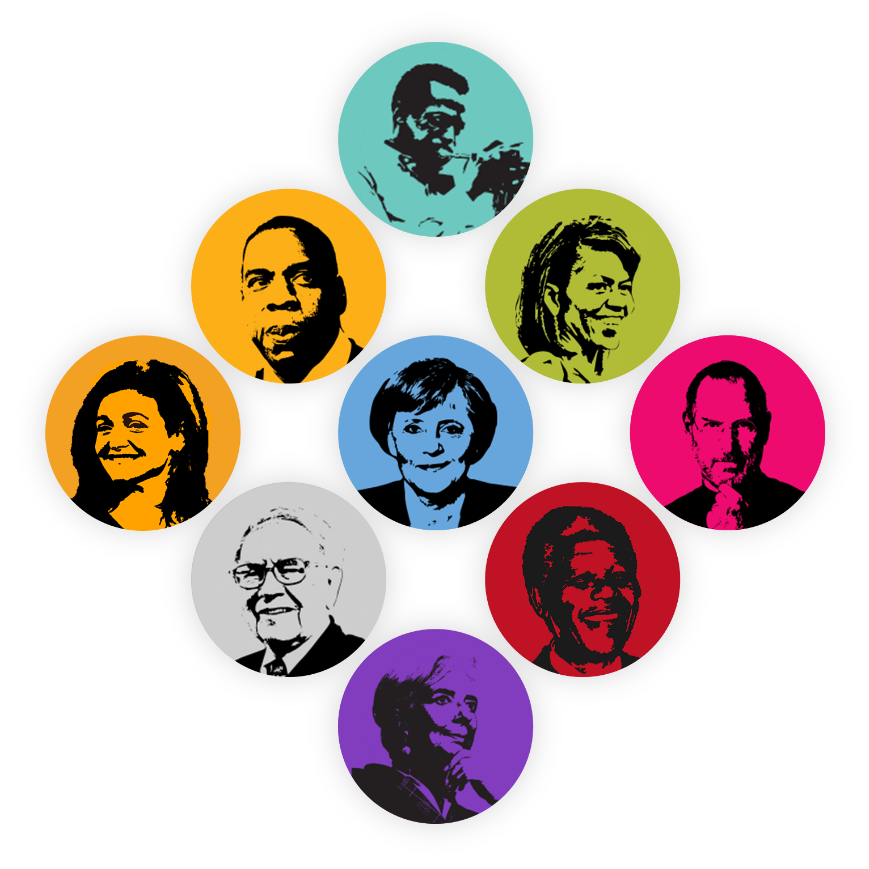

Miles Davis
"They are willing to think the unthinkable, make connections others miss, good at anticipating how the world may change and are willing to make bold, game-changing decisions, even at the risk of failure or seeming foolish."
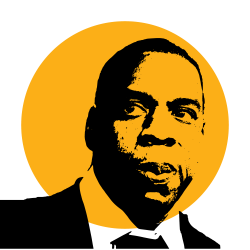
Jay Z
"They are great at spotting the potential in situations and have the network of contacts, personal resourcefulness and determination to follow through and turn possibilities into reality."

Sheryl Sandberg
"The Executional leader is focused and driven to achieve great results. They will work tirelessly on a challenging task until it is completed, galvanising and driving the efforts of others, often with little or no regard for relationships or workplace politics."
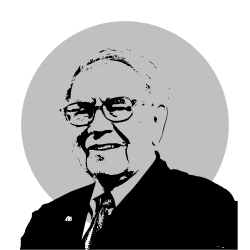
Warren Buffet
"They are great at translating strategy into practical results, with a strong feel for what will work in the real world. They balance the short-term with the long-term, bringing a sustained focus on improving the quality, reliability and effectiveness of whatever they are leading."
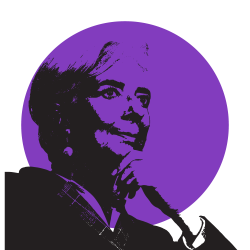
Christine Lagarde
"They provide strategic clarity to people and organisations. They are valued for their judgement, their wisdom about what is going on and their insight about what needs to happen to move a difficult task forward, unstick a relationship, or handle a tricky people situation."

Nelson Mandela
"The Servant leader gets their own ego out of the way and focuses on the team and organisation around them. They pull people together around shared goals, recognise and play to people’s strengths and inspire teams to perform strongly. Many come to personify the team, to embody its core values and identity."
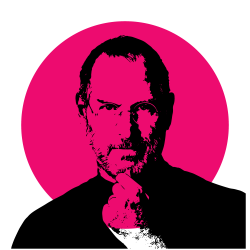
Steve Jobs
"They are great at leading people and organisations through change. Some deliver change in processes, products and structures, but the best are just as good at changing beliefs, mind-sets and culture."

Michelle Obama
"They seem to pull people towards them – who are drawn by their inner convictions and vision. The best create inspiration, energy and change for people, generating a sense of possibilities and potential."

Angela Merkel
"Professionals are known for their commitment to mastery of their chosen subjects and their determination to deliver on whatever personal commitments they make. They work with great energy, drive and focus in the service of others."
If you’re curious to know more about the Gyre framework and how the 34 Strengths map into the 9 Leader types, take a look at this video.
It will take less than 5 minutes and give you to the next level of fluency in Gyre: of Flow and Grounded character, Task and People intelligences, and how your distinctive pattern of strengths maps into your leadership contribution.
Gyre is about insight and action.
So far your journey with Gyre has focused on building your insight. You will be most successful in your development if you start from the position of knowing yourself really well. Your self-review and this Solo report are the first steps to this.
The next step is to find out how others see you.
The 'Viewpoints' pathway will guide you to turn to those around you (colleagues, friends, family, partners) and invite them to give you their points of view on you and and your strengths.
The 'Working with your Viewpoints report' pathway will present these views back to you in your Viewpoints report.
At that point you will have a really rich and detailed understanding of yourself and the impact you have on others.
You’ll then be in a position to move from insight into action, building on your strengths and bridging your gaps.